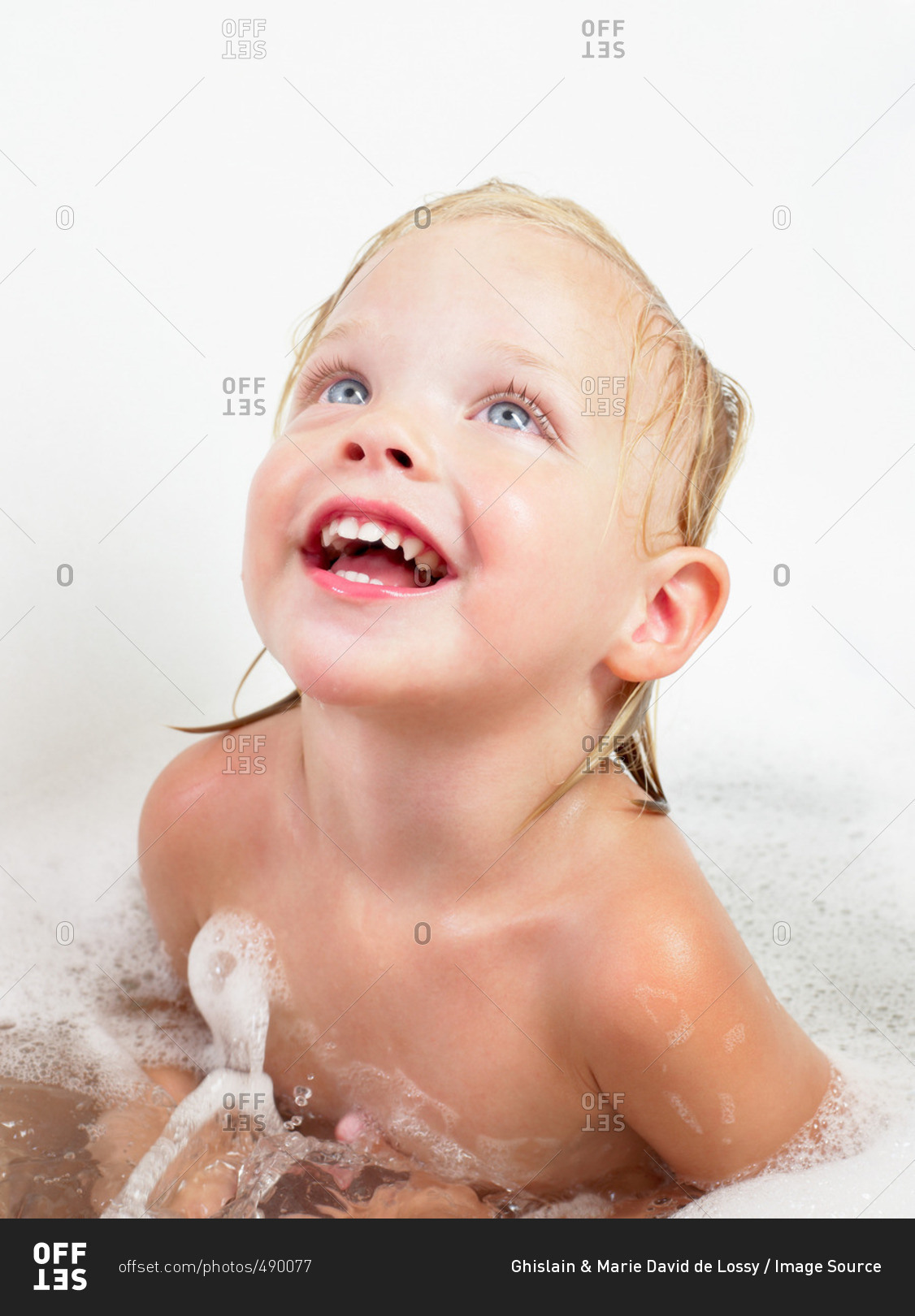

Similar to infections in adults, the most common sign of monkeypox in children and adolescents is a rash that progresses from maculopapular lesions to vesicles, pustules, and finally scabs. CDC continues to monitor for these outcomes and will update this considerations document as more information becomes available. Rarely, monkeypox can result in complications including encephalitis, cellulitis, pneumonia, sepsis, abscess, airway obstruction due to severe lymphadenopathy, keratitis, and corneal scarring. Data on potential complications of infections with Clade II in children are lacking. The 2022 Multinational Monkeypox Outbreak is caused by the Clade IIb virus, which typically causes less severe disease than Clade I. Additionally, anyone with immunocompromising conditions or certain skin conditions, such as eczema, is at risk of severe monkeypox disease. While data about monkeypox in children are limited, there is evidence from patients infected with Clade I of Monkeypox virus that the disease is more likely to be severe in children under 8 years of age. Monkeypox also can be transmitted to the fetus during pregnancy or to the newborn by close contact during and after birth. Monkeypox can spread through contact with the fluids (e.g., lesion exudates and respiratory secretions) of people or animals with monkeypox or through contact with fomites (e.g., shared clothing, towels, toiletries, and bedding). However, it is not known whether children are more susceptible to monkeypox than adults or whether clinical outcomes differ from those in adults. Once illness occurs, the clinical presentation is expected to be similar to that in adults. Historically, monkeypox has been documented in children and adolescents living in endemic regions. Top of Page Monkeypox in children and adolescents Children and adolescents with exposure to people with suspected or confirmed monkeypox may be eligible for post-exposure prophylaxis (PEP) with vaccination, immune globulin, or antiviral medication.Tecovirimat is the first-line medication to treat monkeypox, including in children and adolescents. Treatment should be considered on a case-by-case basis for children and adolescents with suspected or confirmed monkeypox who are at risk of severe disease or who develop complications of monkeypox.Young children, children with eczema and other skin conditions, and children with immunocompromising conditions may be at increased risk of severe disease.Monkeypox should be considered when children or adolescents present with a rash that could be consistent with the disease, especially if epidemiologic criteria are present.Learn more about urinary tract infections in babies and toddlers. Because an untreated UTI can cause kidney damage, it's important to see a doctor if you suspect your child has one. Some children become very irritable, others vomit, have diarrhea, or don't have their usual appetite. If your child can talk, she may tell you it hurts when she urinates. She may wet her diapers more frequently than usual, or her urine may have a strong smell or be tinged with blood. She may have a fever but no other signs of illness. It can be difficult to know if your child has a UTI, especially if she's too young to tell you about her symptoms. If your child is prone to UTIs, or complains that urinating is painful after a bubble bath, avoid bubble baths altogether until puberty or at least until your child can thoroughly rinse her own bottom.If your child is toilet trained, encourage her to urinate after bathing, This will empty her bladder of any bacteria that could lead to a UTI.Don't let your child soak in a tub full of soapy water or bubble bath.In boys, UTIs occur almost exclusively in those younger than six months who are uncircumcised. King, a pediatric urology nurse practitioner at the James Whitcomb Riley Hospital for Children in Indianapolis.Īccording to the American Foundation for Urologic Disease, girls are more likely to get UTIs. "This makes it painful to urinate so the child ends up holding the urine and voiding incompletely, which can lead to UTIs," says Shelly J. Bubble baths have been linked to urinary tract infections (UTIs) so experts recommend avoiding them until your child is at least 3 years old.īubble bath formulas, as well as strong soaps that contain deodorants or potent scents, can irritate the opening of your baby's urethra (where urine comes out) if the soap is not rinsed off completely.


 0 kommentar(er)
0 kommentar(er)
